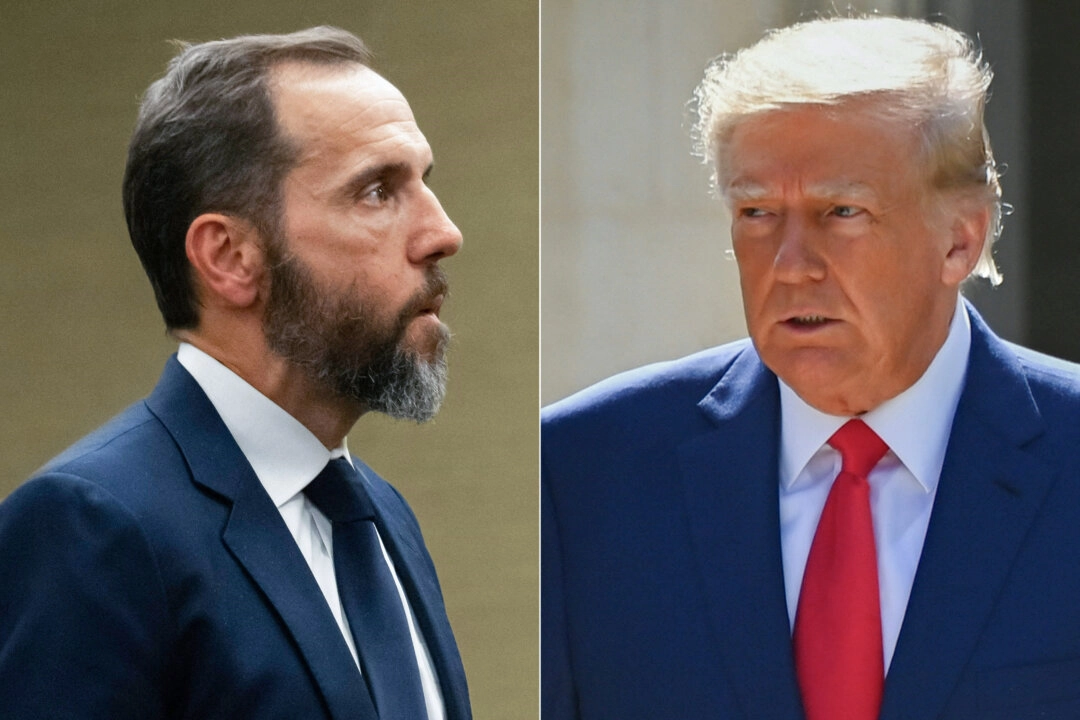Judge Aileen Cannon did not set a new date for the deadline in the case.
Their filing added that a federal filter team tried to “ensure that no documents were moved from one box to another, but it was not focused on maintaining the sequence of documents within each box.”
“If the investigative team found a document with classification markings, it removed the document, segregated it, and replaced it with a placeholder sheet. The investigative team used classified cover sheets for that purpose, until the FBI ran out because there were so many classified documents, at which point the team began using blank sheets with handwritten notes indicating the classification level of the document(s) seized,” prosecutors also wrote.
The rearranging of the documents in question may have occurred after a special master who was appointed in the case reviewed the materials, Mr. Smith’s team wrote.
They wrote that after boxes were taken to an FBI Washington field office, agents “created an index to correlate the documents with classification markings to codes … and labeled the classified cover sheets in the boxes with the codes for the seized documents.”
“The FBI also generally replaced the handwritten sheets with classified cover sheets annotated with the index code, but regardless, any handwritten sheets that currently remain in the boxes do not represent additional classified documents—they were just not removed when the classified cover sheets with the index code were added,” it said. “In many but not all instances, the FBI was able to determine which document with classification markings corresponded to a particular placeholder sheet.”
President Trump has separately filed multiple motions seeking to dismiss the Florida charges against him. Judge Cannon has denied two that were argued in March, including one claim that said the Espionage Act statute at the heart of the case was unconstitutionally vague, while another asserted that the former president was entitled under the 1978 Presidential Records Act to retain the classified files as his personal property after he left the White House.
President Trump was charged with 40 counts of illegally retaining classified documents and trying to obstruct an investigation. He has pleaded not guilty, arguing that it’s part of an attempt to undermine his 2024 presidential campaign.
Valet Walt Nauta and Mar-a-Lago property manager Carlos De Oliveira are also charged with obstructing an FBI investigation into the hoarding of classified documents at the former president’s Palm Beach estate. They have pleaded not guilty.
